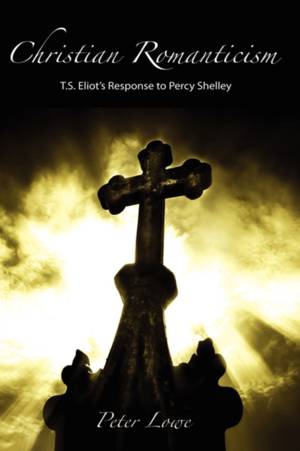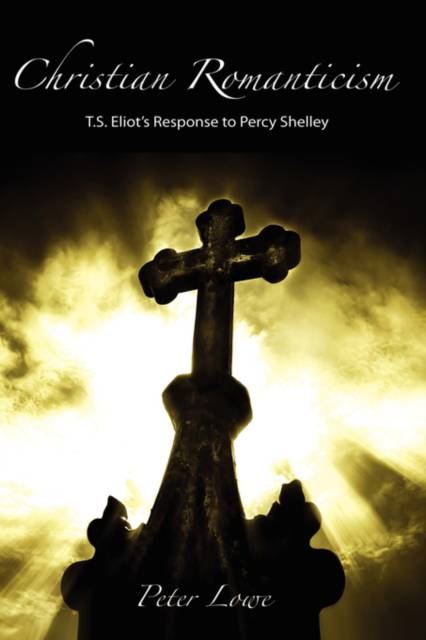
- Afhalen na 1 uur in een winkel met voorraad
- Gratis thuislevering in België vanaf € 30
- Ruim aanbod met 7 miljoen producten
- Afhalen na 1 uur in een winkel met voorraad
- Gratis thuislevering in België vanaf € 30
- Ruim aanbod met 7 miljoen producten
Zoeken
€ 149,45
+ 298 punten
Omschrijving
This book presents a reading of T. S. Eliot's poetry, prose, criticism, and drama, with particular reference to the nature of his response to the influence of Percy Shelley in his own work. Not just a book on literary criticism, this book is also an insightful study of Eliot's spiritual life. It focuses on Eliot's Christian faith and the role it played in molding his responses to the writers who shaped his early works. Previous studies have ascribed Eliot's subsequent repudiation of Romantic style and subject matter to a Bloomian 'anxiety of influence', and asserted that the highly classical style of his later work was a conscious renunciation of earlier models. This book, however, introduces Eliot's Christian faith as a means of approaching the issue. In doing so, Peter Lowe opens up a field of Eliot studies not previously explored to the depth it deserves. Christian Romanticism is a valuable contribution to the field of Eliot studies-it sheds light on a case of poetic influence that has been largely overlooked in previous criticism of arguably the foremost poet of the Twentieth Century.
Specificaties
Betrokkenen
- Auteur(s):
- Uitgeverij:
Inhoud
- Aantal bladzijden:
- 304
- Taal:
- Engels
Eigenschappen
- Productcode (EAN):
- 9781934043349
- Verschijningsdatum:
- 28/10/2006
- Uitvoering:
- Hardcover
- Formaat:
- Genaaid
- Afmetingen:
- 152 mm x 229 mm
- Gewicht:
- 616 g

Alleen bij Standaard Boekhandel
+ 298 punten op je klantenkaart van Standaard Boekhandel
Beoordelingen
We publiceren alleen reviews die voldoen aan de voorwaarden voor reviews. Bekijk onze voorwaarden voor reviews.











